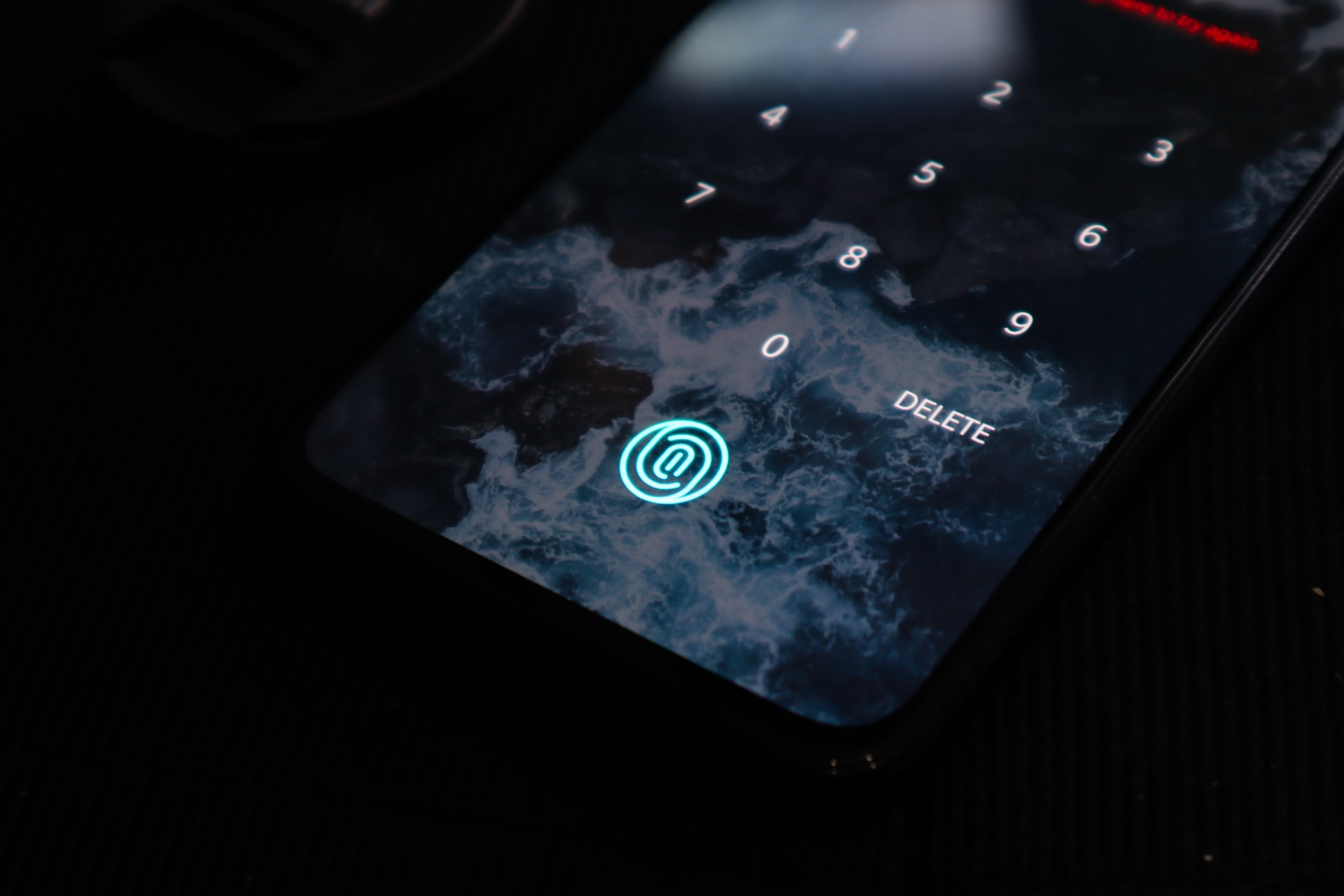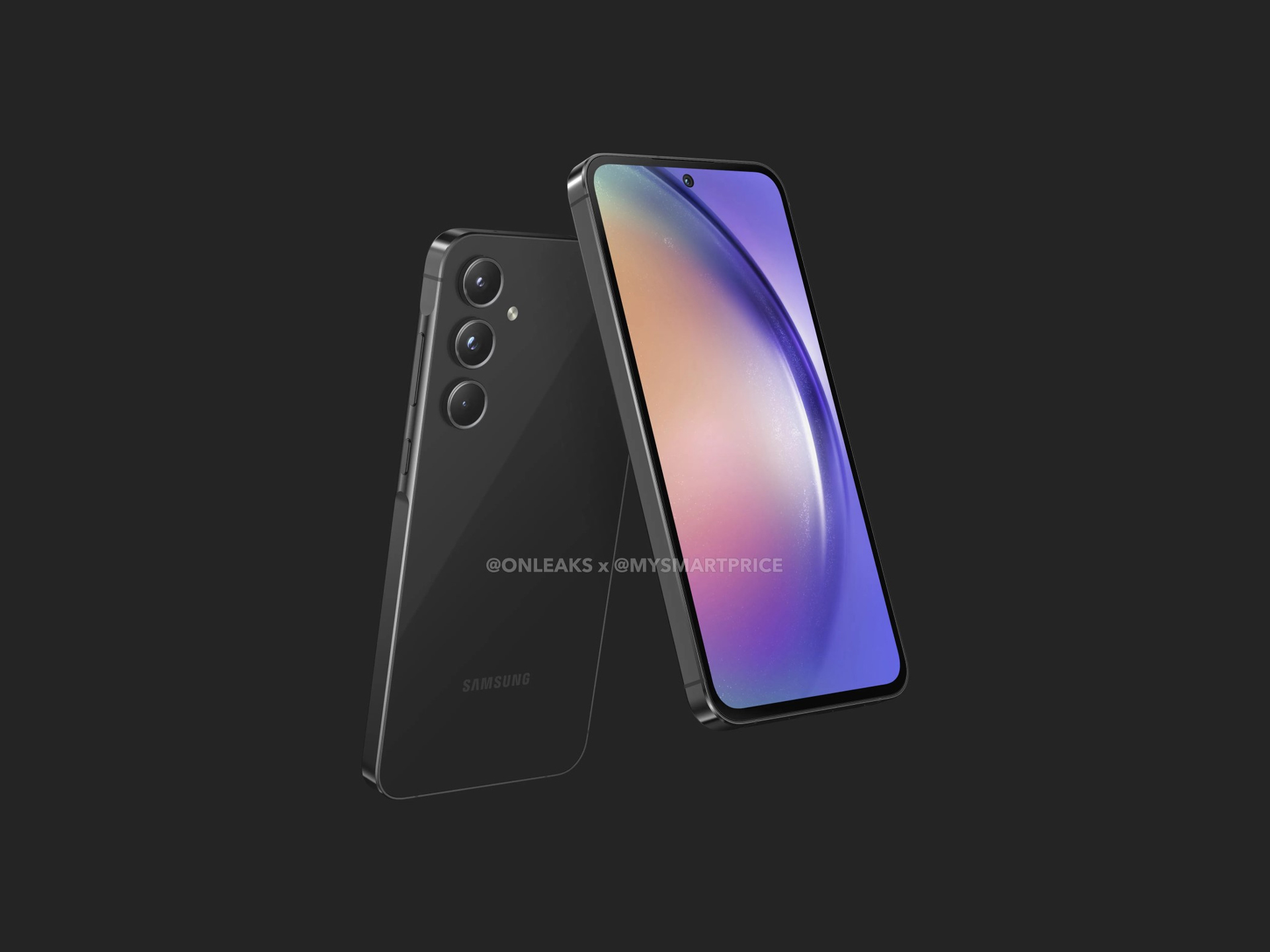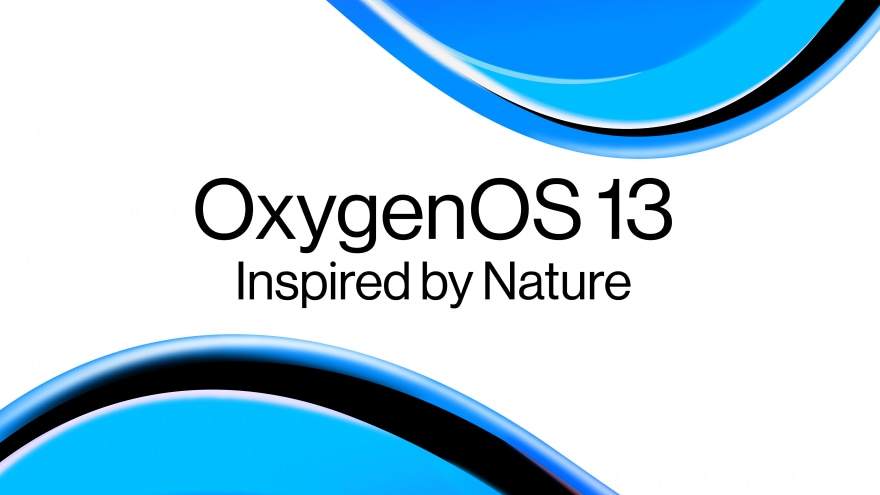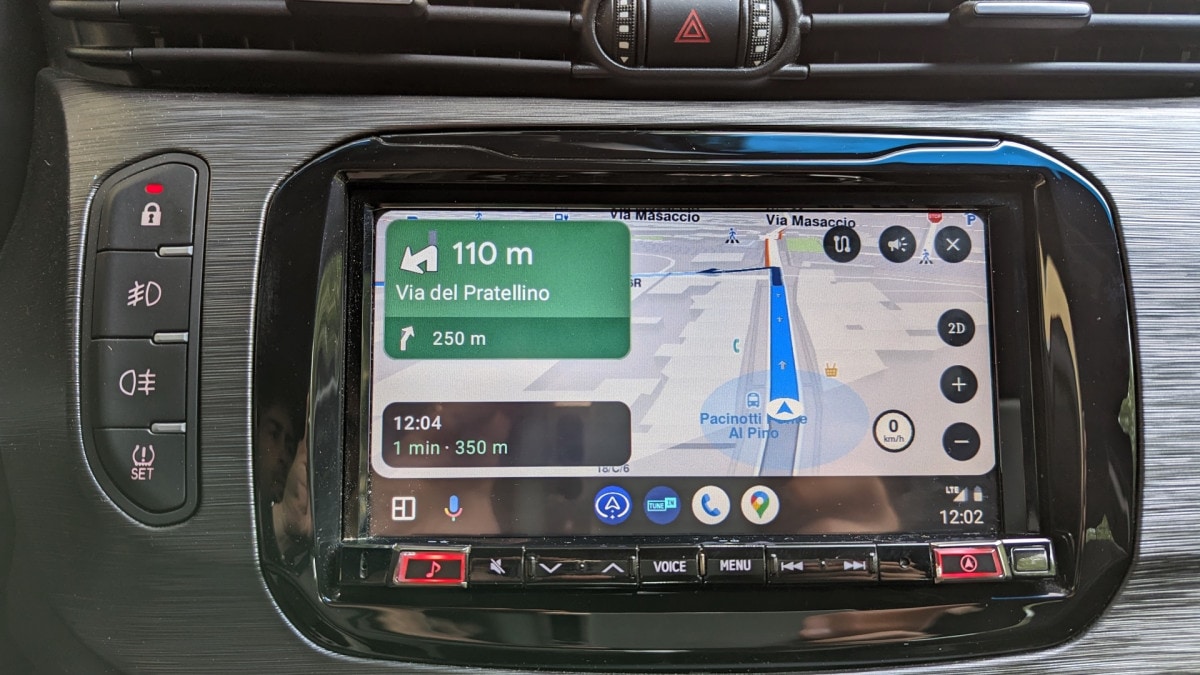Over the years the… Smartphones have increasingly become custodians of sensitive and personal data, which has led to the development of various unlocking methods to ensure security. From PIN code, password, fingerprint to facial recognition, the user’s privacy is protected by a variety of unlocking methods, but in the future another strange-looking but equally secure method could be added: the our breath.
This innovative idea emerged from a research at the Indian Institute of Technology Madras, which began with the aim of detecting any breathing problems by analyzing a person’s exhalation. To do this, ten different breaths from 94 participants were recorded by analyzing an air pressure sensor and then the collected data was entrustedartificial intelligence to edit.
Our breath could unlock the smartphone of the future
What surprised the institute’s researchers was that after analyzing a person’s breath, artificial intelligence was able to identify its owner with one97% accuracy. This result indicates that a person’s exhalation is unique and individual and depends on many factors: Mahesh Panchagnula, leader of the experiments, explained that artificial intelligence is able to recognize the differences caused by the shape of the upper respiratory tract , such as the nose. oral passages, pharynx and larynx, specific to each individual.
A second test, also based on human breathing, showed how artificial intelligence could distinguish a person between two options without first knowing who the “owner” of the breathing was. In these cases the answer has been corrected more than 50% of the timea sign that the system still has room for improvement but is on the right track.
Prof. Panchagnula also emphasized that the technology can find application in the medical field. He explained that inhalation therapy is used to treat people with breathing problems, where medication can be administered directly into the respiratory tract. In this context, this technology can be of great help in determining the appropriate drug dosage for each patient with respiratory diseases.
Although it is still premature to predict the adoption of this technology by smartphone manufacturers, the results of this research provide an interesting perspective on the future of device unlocking in terms of security and privacy. Paradoxically, the scientists explain, this would be the safest unlocking method of all because it can no longer be used after the person dies.




